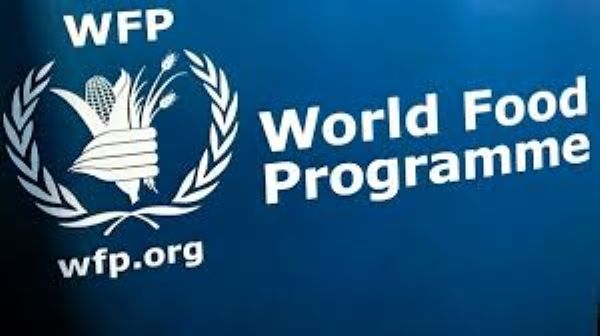World Food Programme awarded 2020 Nobel Peace Prize

The World Food Programme on Friday won the 2020 Nobel Peace Prize for its efforts to combat hunger and food insecurity around the globe.
The announcement was made in Oslo by Berit Reiss-Andersen, the chair of the Nobel Committee.
The Nobel Committee said the coronavirus pandemic has worsened a hunger crisis faced by millions of people around the world and called on governments to ensure that WFP and other aid organisations receive the financial support necessary to feed them.
Tomson Phiri, WFP spokesperson in Geneva, said: “This is a proud moment, the nomination was itself enough, but winning the Nobel Prize is nothing short of a feat.
“During the pandemic we were the biggest airline in the world when all commercial airlines were grounded, we moved assistance and delivered assistance through our global common services and so our staff were able to stay and deliver in communities where people were at risk of the infection and hunger.”

“The WFP has consistently warned of dangers of COVID-19, and not just because of the health pandemic, but as the head of the WFP called it – the hunger pandemic” Al Jazeera’s Diplomatic Editor James Bays reported from New York.
There was no shortage of causes or candidates on this year’s list, with 211 individuals and 107 organisations nominated before the February 1 deadline.
However, the Norwegian Nobel Committee maintains absolute secrecy about whom it favours for arguably the world’s most prestigious prize.
The award comes with a 10 million krona ($1.1 million) cash prize and a gold medal to be handed out at a ceremony in Oslo, Norway, on December 10, the anniversary of prize founder Alfred Nobel’s death. This year’s ceremony will be scaled down due to the pandemic.
It is the twelfth Nobel prize for a UN organisation or member.
“Where you have conflict, food assistance becomes inadequate, sometimes it gets delayed or even suspended, the issue of severe malnutrition is not only due to food, but also other factors come into play like access to clean water, diseases and so forth, you need peace and stability to address hunger,” said Phiri.
On Monday, the Nobel Committee awarded the prize for physiology and medicine for discovering the liver-ravaging hepatitis C virus. Tuesday’s prize for physics honoured breakthroughs in understanding the mysteries of cosmic black holes, and the chemistry prize on Wednesday went to scientists behind a powerful gene-editing tool.
The literature prize was awarded to American poet Louise Gluck on Thursday for her “candid and uncompromising” work.
Still to come next week is the prize for outstanding work in the field of economics.








